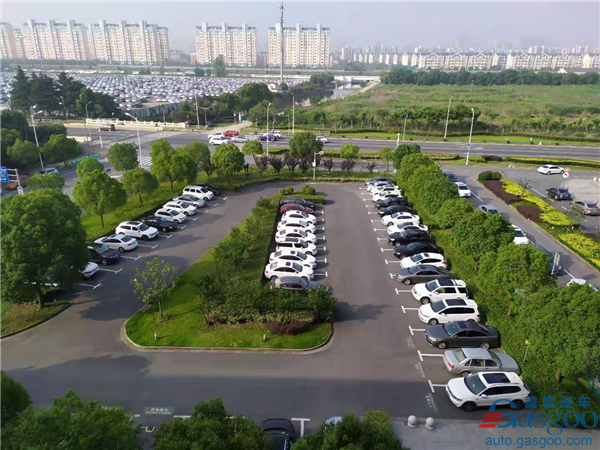China auto sales projected to slump 18% year on year in Jan. 2020
Shanghai (ZXZC)- China's auto outputs and sales were anticipated to reach 1.783 million units and 1.941 million units respectively, sliding 24.6% and 18% year on year, and slumping 33.5% and 27% month on month, according to the China Association of Automobile Manufacturers (CAAM).
The association said the fewer workdays was the major factor leading to the decrease. Due to the Spring Festival Holiday, there were only 17 workdays in January, 5 days fewer than the year-ago period. Besides, some companies started the holiday ahead of the national plan.
The influence from the novel coronavirus pneumonia was limited because the holiday came shortly after the virus outbreak.

The decrease confronting the PV sector was larger than that of the overall industry. According to the CAAM, the country's PV outputs and sales were likely to be 1.444 million units and 1.614 million units, shrinking 27.6% and 20.2% over a year ago, and plunging 33.9% and 27.1% over a month ago.
With 341,000 units and 326,000 units forecasted to be produced and sold in Jan., the CV sector posted relatively mild decline of 7.8% and 5.7% from the previous year. However, compared with the previous month, the decrease in CV outputs and sales stood at 31.4% and 26.7%.

The NEV sector was still mired in downturn. Last month, the NEV sales were predicted to tumble 54.4% from a year ago to roughly 44,000 units, and the outputs perhaps sharply fell 55.4% to around 40,000 units. Of those, the outputs and sales of new energy PVs might be 35,000 units and 39,000 units, plummeting 56.3% and 54.5% year over year.
The CAAM used quite a few pieces of papers to elucidate what impacts have been and will be brought by the coronavirus epidemic. Such severely affected provinces as Hubei, Guangdong and Zhejiang are all heavyweight regions regarding auto business. Particularly, Hubei, whose capital is the epicenter Wuhan, accounts for nearly 8% to 9% of the national auto outputs and sales. Thus, OEMs are unavoidable to face the strong headwinds.
Besides, the supply chain also takes a hit as there are plentiful auto parts suppliers in the three provinces. The epidemic has forced many local suppliers to delay the restart of manufacturing operations. The retard on the supply of some parts will disturb the whole process of complete vehicle production.
Moreover, the auto retail has been substantially curbed due to the measures for epidemic prevention and control. To reject the person-to-person transmission, people voluntarily stay at home, directly decreasing the car-purchase demands. The intensified traffic control weakens the operations of such industries as transportation, tourism, catering and film & TV. People who live off these businesses will have less money to buy cars. During the most critical period of combating the novel coronavirus, consumers' confidence in the market has not been recovered yet.

